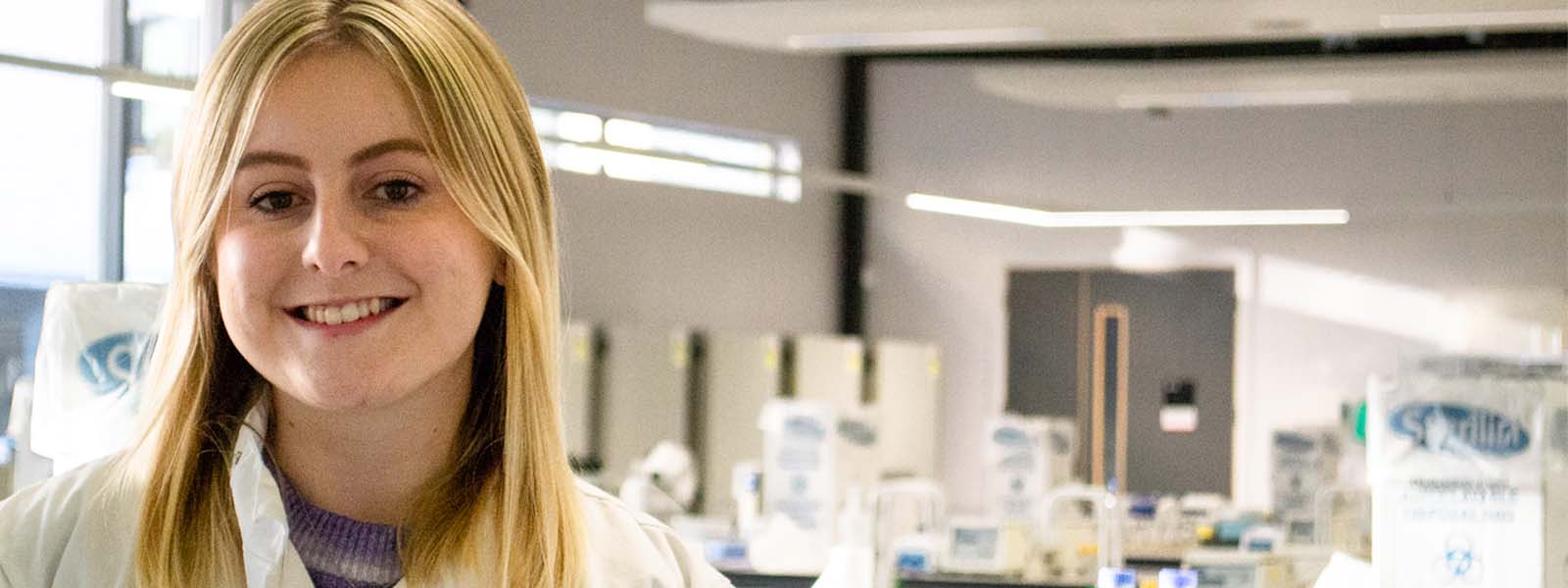What programme are you on now then?
It’s called DiMeN – Discovery Medicine North and is a Doctoral Training Programme. They fund 40 students each year. I'm very lucky because I'm on an iCASE PhD, which means I'm partnered with industry, so I'm partnered with Cancer Research UK and AstraZeneca, in a little lab based in Cambridge and I will spend a minimum of three months across four years there. Which means I get to go down and use all their equipment. It also means they have a say in what I do, so I talk to them regularly. They're shipping me some Plasmid vectors and antibodies this weekend for me to use in some of my experiments.
With a PhD, it's your own project, but it's basically four years of training you to be a research scientist in as many different areas as possible, as many techniques as possible, in different data analysis software, for example. Obviously, it's relevant to your project, but you're constantly learning, and you could be in your fourth year, you're about to finish and you'll still be learning new stuff. They don't just set you free, they help you out.




